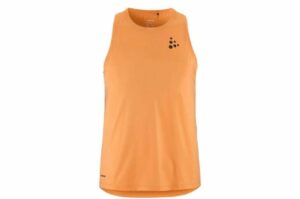Will vitamin D make you run faster?
Getting too little vitamin D will certainly hurt your health and performance -- but that doesn't mean we should get carried away with the hype.
The current issue of Medicine & Science in Sports & Exercise has an article called “Athletic Performance and Vitamin D,” a topic that ignited some mild controversy when I dealt with it in a Jockology column back in March. The authors review five lines of evidence in support of their hypothesis that vitamin D helps athletic performance. In particular, they focus on a series of German studies from the 1940s and 50s showing that ultraviolet irradiation improved athletic performance, and on the spectacularly unsurprising result that athletes seem to be fitter in the summer (when vitamin can be produced from sunshine) than in the winter. Tellingly, they include this caveat about studies of vitamin D deficiency:
No attempt was made to associate athletic performance with 25(OH)D levels (a measure of vitamin D levels) in these four studies—or any study that we could locate.
It’s true that there is plenty of evidence that vitamin D deficiency will impair physical performance. It’s also true that the definition of “deficiency” is in flux, and that athletes may well be as likely to be deficient as the general population (though those involved in outdoor sports might expect some protection). As a result, athletes — along with anyone who’s at all interested in being healthy — should be very aware of their vitamin D needs, and should consider supplementation.
But this paper takes some leaps of logic that belong in advertising rather than scientific papers, and it’s no surprise to get to the end of the paper and find that the two lead authors are paid consultants of DiaSorin, which makes vitamin D testing equipment. For instance, they include a photo of Bob Beamon’s famous long-jump world record from the 1968 Olympic Games in Mexico City — an event notable for the thin high-altitude air that produced exceptional sprint performances but mediocre long-distance performances — and cite it as “consistent with the theory that vitamin D improves athletic performance” because the thin air also permits UV rays to penetrate more easily.
Seriously?

